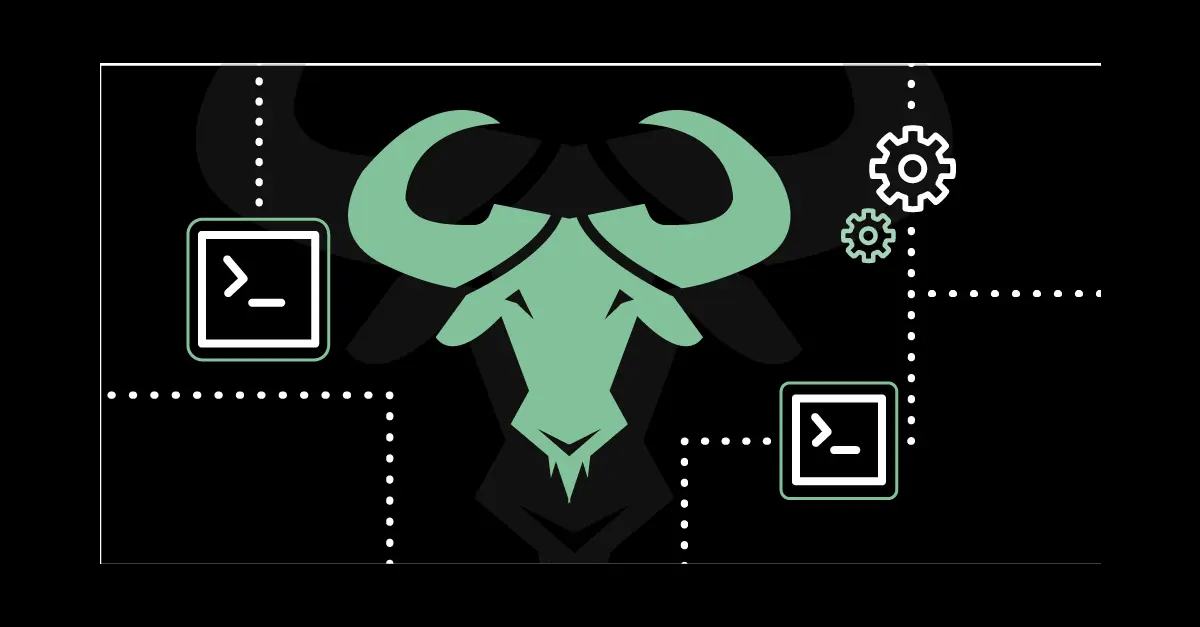
Apps uploaded to App Store Connect must be built with Xcode 16 or later using an SDK for iOS 18, iPadOS 18, tvOS 18, visionOS 2, or watchOS 11.Learn about submitting apps

Mobile software engineer.
“Android is open and Google Play is not the only way to get apps”
I feel like Google never completely blocked apk installation on Android so that they can use this argument whenever it is convenient.
Encyclopedia Brittanica wasn’t designed to be addicting and offer misinformation for one.
Huh? It seems to me these are all books about technical skills.
Also AWK is made to be fast, right? I suppose doing something in CPython in a non efficient way might not be noticeable with a bit of text, but would show up with a large enough data stream.
They can’t close the source code as long as they use the Linux kernel, right? Besides, Android is popular among other companies because they can customize part of it as they see fit.
This change isn’t really that drastic, because Android never really followed the open source way of doing things. The article even explains that this won’t change much even for ROM developers, since they’re not creating releases based on “work in progress” branches.
Really the only difference is that Google will spare the work of merging two separate branches often and solving conflicts that might as well be turning into a nightmare as the code base has grown.
This is the best I could find: https://www.gnu.org/distros/free-distros.en.html
Yeah, just a note, basically these Linux distros are the same at their “core”, but what differs among them is mostly about the software they have and the way they’re managed.
So you have distros that offer only open source software in their repository, some include proprietary drivers. Some distro families will have some differences in the path of certain folders, different families use different formats of their packages (which include the actual binary of the software together with the metadata about how to install them in the system), although a purely Linux binary should be executed in any Linux distro. Some offer more guidance during installation and setup, some offer a more “raw” experience that force you to chose every little detail, and so on.
Another difference is in their philosophy of how the packages and dependencies are made available. Distributions such Arch Linux and its derivatives always offer the latest versions of each package, reason why they’re called “rolling release”. Distributions such as Debian offer a specific version that’s “frozen” and tested thoroughly until a new version of Debian is released with more updated software.
Some say a rolling release distro is better for gamers because you always get the latest features and performance improvements, but they’re naturally less reliable than a stable distro.
So I’d say the important thing is to understand the trade-offs so that you can choose the best thing for you. And also there’s no downside of experimenting different distros in a virtual machine, for example.
Also has an interface that clicks easier with people used to Windows.
Here’s a nice pic that make you feel less “lost” about how some popular distributions relate to each other:

I think we’re naturally a bit suspicious of freeware as “misleading” because so many old software used to be just vectors to install malware (mostly spam) alongside it. At least for me, I only trust it either if it is open source or it has a sustainable business model.
The whole point of the GUI is to be more intuitive. If you need to go to the internet to realize how to do the basic stuff, that means your GUI “failed” in its purpose.
That’s still unavoidable for very complex UIs though, but still you measure how good a UI is at helping people accomplish their tasks.
As a company, Microsoft doesn’t reward anyone for improving the performance of the OS. That should be enough of an explanation 😆.
Yes, they made it unrestricted which means they’re charging you considering you can use it a lot. That’s what I mean. Using LLMs APIs isn’t free so it has a cost embedded, which they certainly calculated, or else they’d run the risk of it being abused.
You do not pay anything different for AI prompts. You should really actually try the product before you make up all these things about it.
But what you pay involves the calculated cost of using the AI, otherwise they’d be losing money if a lot of users were to make too many prompts. So it should be possible to have a lower price that didn’t give you any prompts.
I wish there was a cheaper plan that didn’t involve AI at all. Like, I don’t care to have X prompts every month. I’d like to pay just for the engine.
This is a troll’s or a teenager’s line of thinking.
Kinda reminded me back in college I had a friend who I’d describe as a genius in computer science and programming. I was always so jealous how he was so knowledgeable about everything teachers talked about to the point of correcting them sometimes (and hurting the ego of some of them, which isn’t very smart).
He was like a C++ nuts to the point of having some of his code on the Boost library (which was impressive for a 20yo), but when Rust started getting popular back then, he really got into it and quickly became an “evangelist”. For some years, everything was about Rust, if you stopped to talk to him.
I met him year later and asked if he was still working with Rust, and he said after using it for enough different use-cases, he actually started to dislike it and pointed out a lot of problems and flaws that I wouldn’t possibly remember. I think he also said the community was very toxic and was taking the language to a direction he didn’t like. I suspect nowadays he is just another fella using Lua and C++ for his personal projects.
Even if it was, there’s no way to know, people can just lie. It’s not like it will be obvious, some people might have a feeling it is (based on their experience playing with LLMs) but won’t be able to point exactly why.
Besides what other people said, one example is classes being closed by default (you need to explicitly set a keyword to make them open to extension). That was done to prevent inheriting from classes that weren’t designed to be inherited, and forcing you to use composition instead.
...so might as well say that "agent" is simply the next buzzword, since people aren't so excited with the concept of artificial intelligence any more
This is exactly the reason for the emphasis on it.
The reality is that the LLMs are impressive and nice to play with. But investors want to know where the big money will come from, and for companies, LLMs aren’t that useful in their current state, I think one of the biggest use for them is extracting information from documents with lots of text.
So “agents” are supposed to be LLMs executing actions instead of just outputting text (such as calling APIs). Which doesn’t seem like the best idea considering they’re not great at all at making decisions—despite these companies try to paint them as capable of such.
If they actually wanted quality documents for people to use, they would be advocating for Standard Ebooks or something.
Or… you know… have PDFs that aren’t pictures of handwritten text?
Apple to require Xcode 16 and Sonoma 14.5 to submit to the App Store starting on April 24, 2025

Apps uploaded to App Store Connect must be built with Xcode 16 or later using an SDK for iOS 18, iPadOS 18, tvOS 18, visionOS 2, or watchOS 11.Learn about submitting apps

Apps uploaded to App Store Connect must be built with Xcode 16 or later.

Swift 5.9 introduced the new ~Copyable protocol, which makes an entity "non-copyable." By default, Swift automatically adds the Copyable protocol to all types—without it, value types wouldn't work! This implicit conformance simplifies our day-to-day work, allowing us to ignore copying mechanics in ...

Java users on macOS 14 running on Apple silicon systems should consider delaying the macOS 14.4 update
“An issue introduced by macOS 14.4, which causes Java process to terminate unexpectedly, is affecting all Java versions from Java 8 to the early access builds of JDK 22. There is no workaround available, and since there is no easy way to revert a macOS update, affected users might be unable to return to a stable configuration unless they have a complete backup of their systems prior to the OS update.”
Meet “Y-Charts”: an Opensource Jetpack Compose chart library

repo: httpsl://github.com/yml-org/YCharts

Y-Charts is a Jetpack Compose-based charts/graphs library that enables developers to easily integrate various types of charts/graphs into their existing UI to visually represent statistical data.

How type system makes Kotlin so flexible, safe, and intuitive.

The Kotlin type system is amazingly designed. Many features that look like special cases are just a natural consequence of how the type system is designed.

Get an overview of what's new in GCC 13, the latest GNU Compiler Collection release, including bug fixes and new features in the C++ front end.
